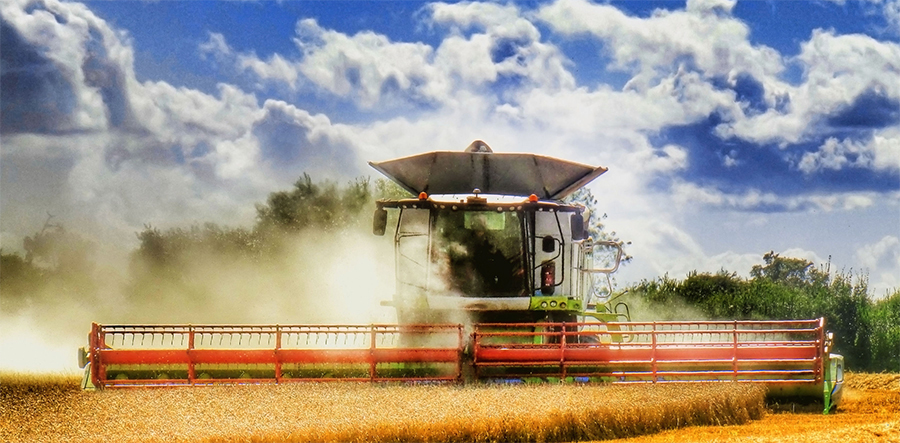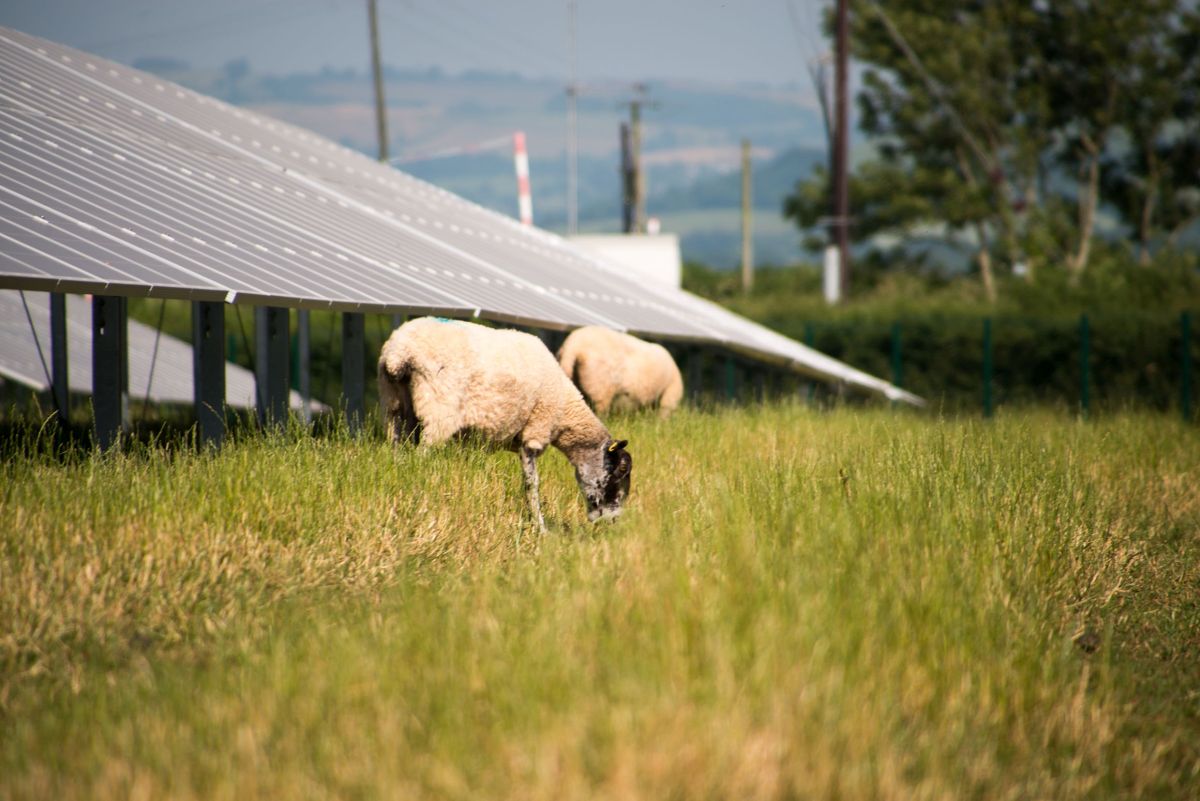
Farmers urgently need help to change methods of growing food if the world is to curb greenhouse gas emissions, the UN has said.
A report by the Food and Agriculture Organization said agriculture accounted for about a fifth of emissions, which it said needed to be reduced.
Small farmers in developing countries are the most vulnerable to changes in climate and need help adapting, the report said.
"Unless action is taken now to make agriculture more sustainable, productive and resilient, climate change impacts will seriously compromise food production in countries and regions that are already highly food-insecure," FAO director-general Jose Graziano da Silva said in the report.
"Hunger, poverty and climate change need to be tackled together.
"This is, not least, a moral imperative as those who are now suffering most have contributed least to the changing climate."
Unprecedented challenge

The report said more resilient agriculture sectors and intelligent investments into smallholder farmers can deliver change.
It provides evidence that adoption of 'climate-smart' practices, such as the use of nitrogen-efficient crop varieties, zero-tillage and integrated soil fertility management would boost productivity and farmers' incomes.
"The world faces an unprecedented double challenge, to eradicate hunger and to stabilise global climate before it is too late," said the report.
The number of weather and climate-related disasters more than doubled in the last two decades compared with the preceding two, the U.N. Office for Disaster Risk Reduction said last week.
"Climate change is already happening, there is an increasing frequency and severity of extreme weather events," said Kostas Stamoulis, head of FAO's Social and Economic Development Department.
The report said beyond 2030, the negative impacts of climate change on the productivity of crops, livestock, fisheries and forestry will become increasingly severe in all regions.
Significant improvements in food security, as well as resilience to climate change can be achieved with the introduction of sustainable agricultural practices.
Revolution in farming
The report cites diversifying crop production, better integration of farming with the natural habitat, agroecology and 'sustainable intensification' as strategies to help small-scale farmers adapt to a warming world.
"Business as usual is not an option," said Mr da Silva in a foreword to the report.
"Agriculture has always been the interface between natural resources and human activity.
"Today it holds the key to solving the two greatest challenges facing humanity: eradicating poverty, and maintaining the stable climatic corridor in which civilisation can thrive."
The UK government has also released a climate change report this month, calling for any new agricultural policy introduced post-Brexit to include measures to ensure reductions in agriculture’s greenhouse gas emissions.
Parliament’s Climate Change Committee’s report shows that since the passage of the UK’s Climate Change Act in 2008 industry and power generators have achieved cuts in greenhouse gas emissions of around 50%, and the waste industry has cut emissions by a huge 80%.
Lord Krebs, Chair of the Climate Change Committee’s Adaptation Subcommittee agreed with the sustainable environmental charity Soil Association that the UK needs to see more sustainable management of soils, to build the carbon content of soils.
He said that any new support for farming post-Brexit should ensure that public subsidies ‘bring to the fore’ incentives to save carbon.
Peter Melchett, Soil Association Policy Director said: “The ambitious new targets agreed at the Paris climate summit, which comes into force on 4 November, will require further cuts in UK emissions if we are to keep global temperature changes below 2 degrees centigrade, with zero carbon emissions from farming after 2050.
“Government scientists have long recognised this will require a revolution in farming, and it is vital that any post-CAP payments to farmers start to encourage that transition”.
